Justice Clarence Thomas is warning his peers on the Supreme Court that failing to take a case related to a teen being lured by his science teacher on the social media app Snapchat could have dangerous implications for the future of similar cases.
Standing firm in his opinion, Clarence is siding against the majority on the panel that the case should be decided in the highest court.
The Court Made a Heavy Decision on Tuesday
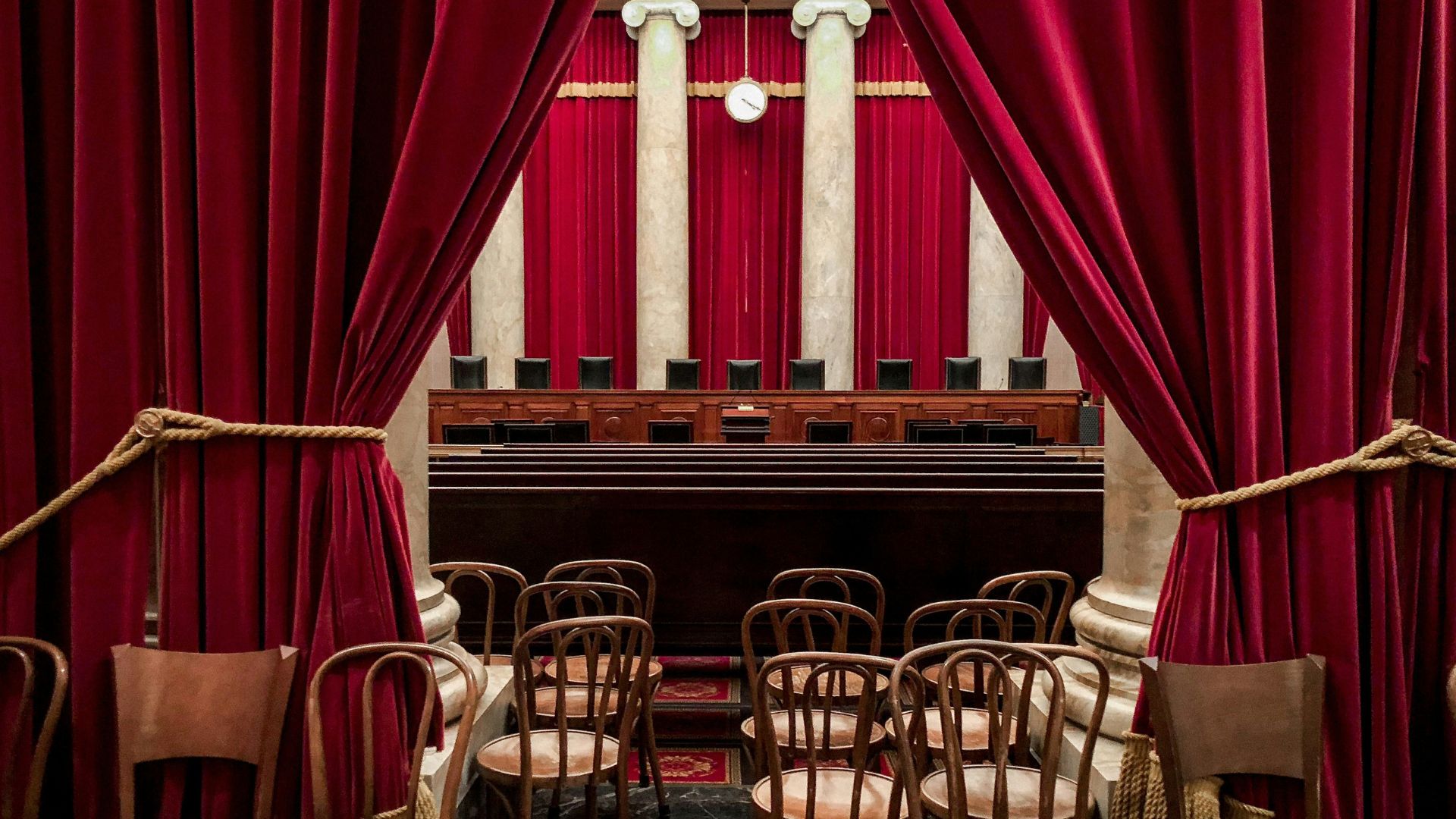
On Tuesday, the court decided on a case that could have a ripple effect through the law. The majority of the Supreme Court justices decided that the case was not worthy of their court and sent it to a lower system.
Two conservative justices disagreed wholeheartedly. Both justices think that if they had allowed the case to be heard, it would “address whether social-media platforms—some of the largest and most powerful companies in the world—can be held responsible for their own misconduct.”
Thomas and Gorsuch Write a Dissent
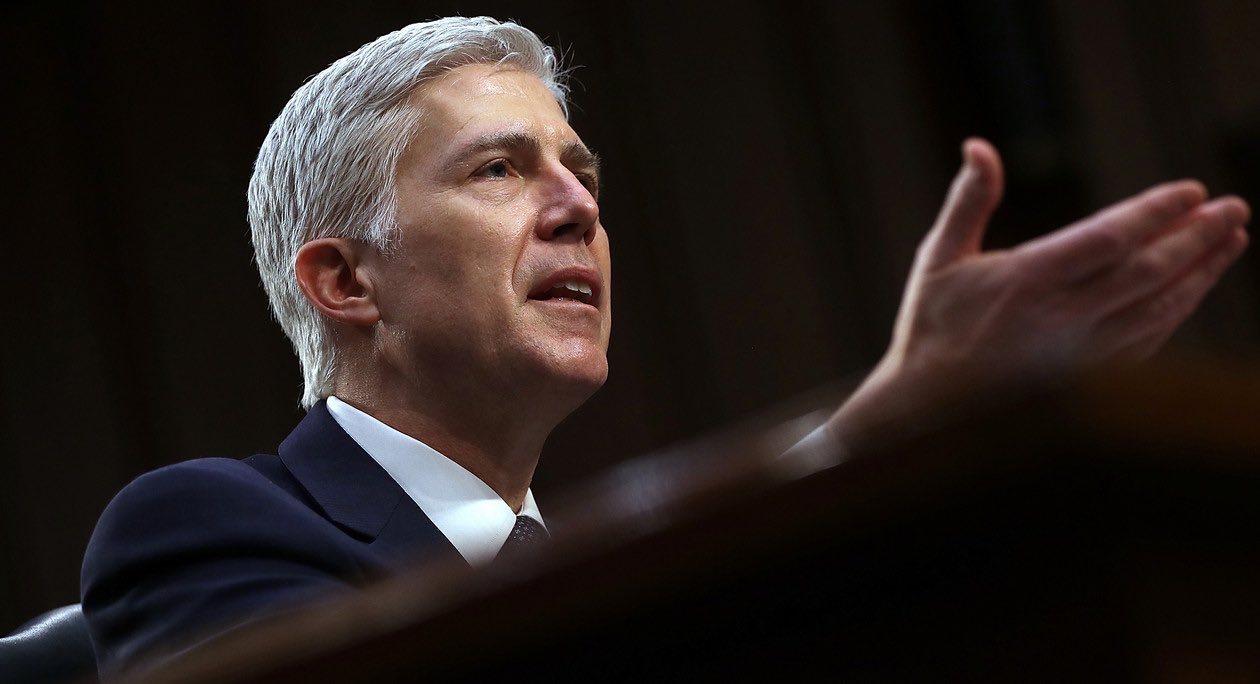
Thomas and his conservative peer, Justice Neil Gorsuch, wrote a joint dissent expressing their professional opinions on the case.
“Although the Court denies certiorari today, there will be other opportunities in the future. But, make no mistake about it—there is danger in delay.” The ruling comes at a time when social media usage is at an all-time high for teens, and many think that companies should be held responsible for any harm caused by using the apps.
What Is the Lawsuit?
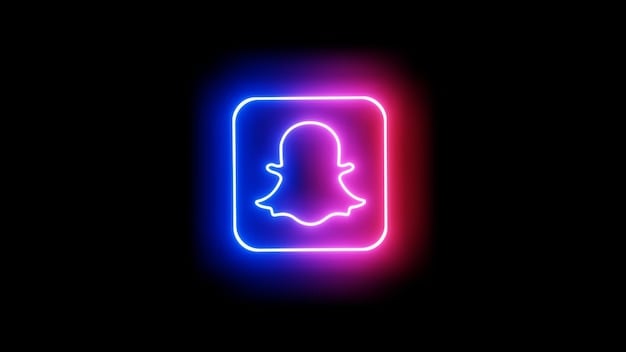
The lawsuit was filed against Snapchat’s parent company. The prosecution claims that a 15-year-old- Texas teen was groomed by his science teacher using the platform.
The suit also alleges that certain Snapchat features like disappearing messages are a key method used by predators and abusers while encouraging lying and secrecy.
Many Think Social Media Should Come With a Warning Label
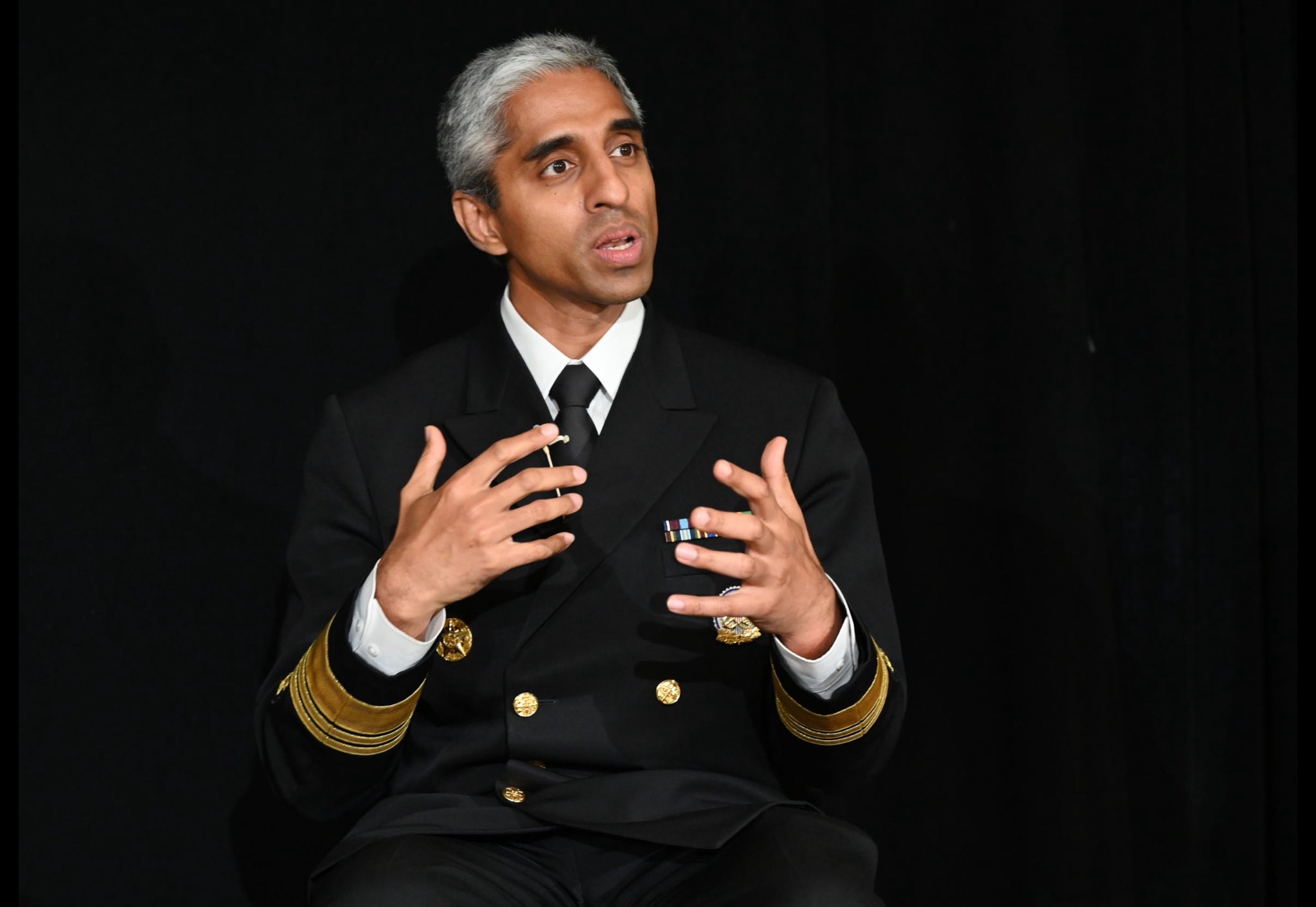
Earlier this month, the U.S. Surgeon General, Vivek Murthy, called for a special meeting to decide whether to add a warning label to social media platforms.
Outside of being a major contributing factor to the mental health decline in youth, it also allows for cyberbullying and predators to prey on victims.
Multiple Courts Have Declined the Case
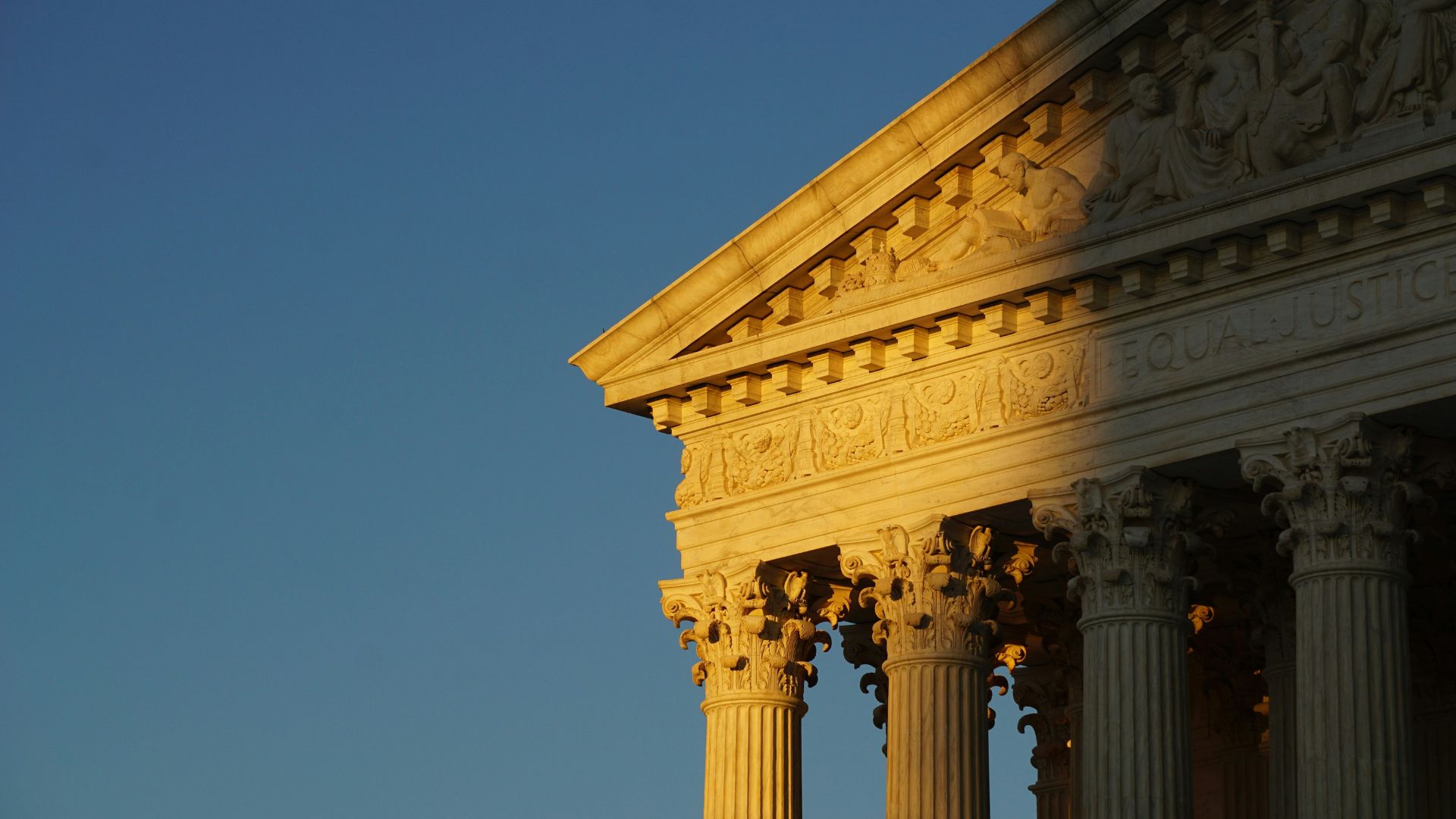
In December, the 5th U.S. Circuit Court of Appeals rejected the case. By doing so, it reaffirmed a decision made in 2022 by a federal trial judge in Houston who claimed that internet publishers are not liable for third-party speech created by users.
Many platforms have a code of conduct and rules that users can be kicked off for, but otherwise, no social media companies have been held accountable for works published on their platforms.
Free-Speech as a Scape Goat
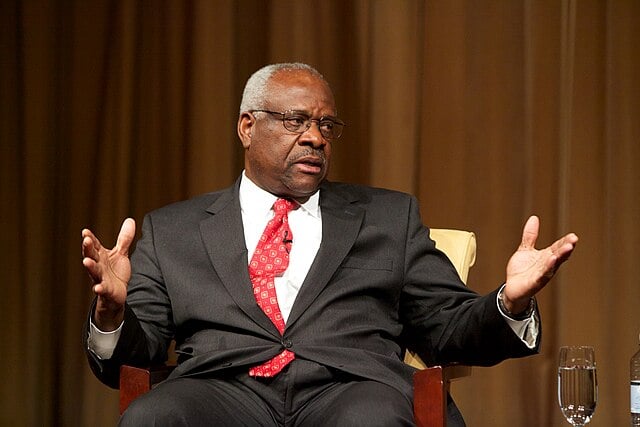
Wikimedia
Thomas noted that social media platforms have constantly used the rule as a “get-out-of-jail-free card.”
He went on to state that many companies that provide unrestricted access to content by users are protected under the First Amendment. However, he states that “when it comes time for platforms to be held accountable for their websites…they argue the opposite.”
Companies Can’t Have it Both Ways
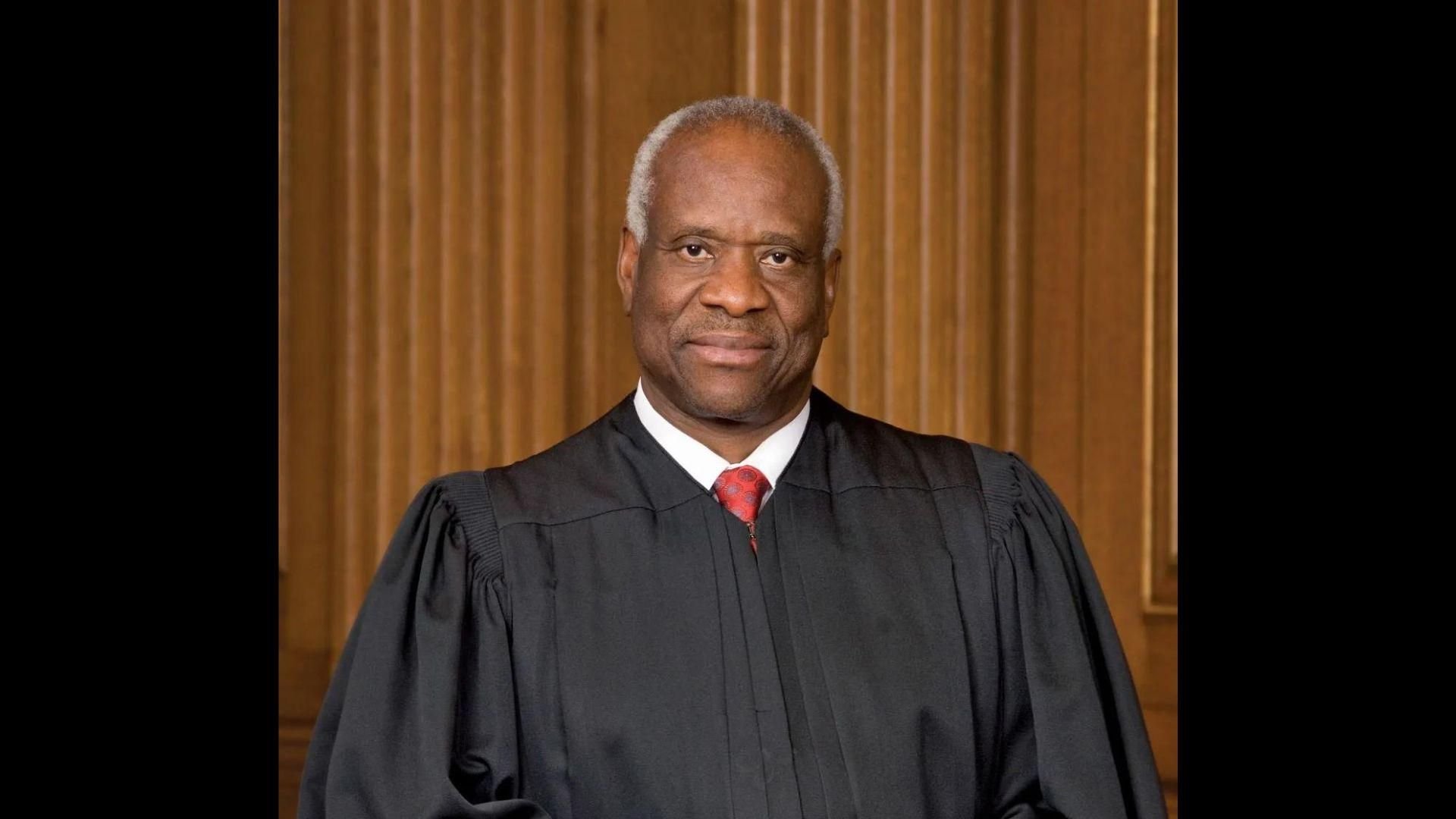
Gorsuch and Thomas both state that platforms have used free speech to their benefit when deflecting harm caused but refuse to be held accountable for their actions.
“In the platforms’ world, they are fully responsible for their websites when it results in constitutional protections, but the moment that responsibility could lead to liability, they can disclaim any obligations and enjoy greater protections from suit than nearly any other industry,” he said of the issue.
What Is Section 230?

Section 230 is a law that makes it so that no platform or provider of the Internet can be held accountable as the speaker on said platform.
Essentially, anything published on the internet or websites is the poster’s responsibility.
Growing Momentum To Restrict Section 230
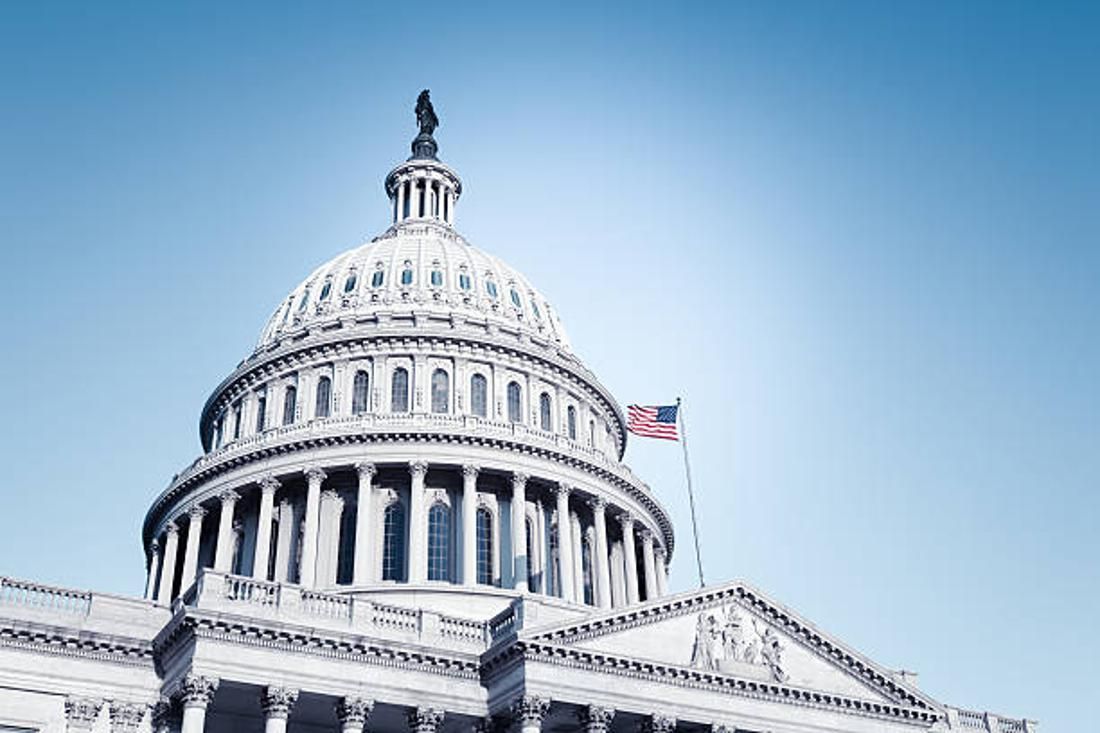
As social media platforms take over interactions, many lawmakers have added their voices to the growing chorus of people wanting to restrict certain rights included in section 230.
At least 40 bills have been introduced in Congress to amend the law. However, none have successfully passed yet.
Not the First Time Clarence Has Called 230 Into Question

The court declined to review a Texas Supreme Court decision that shielded Facebook from being held responsible for a predator meeting and later raping a 15-year-old girl.
Thomas stated that it was “hard to see” why Facebook should benefit from immunity in such a case.
Social Media Responsible for Spreading Misinformation
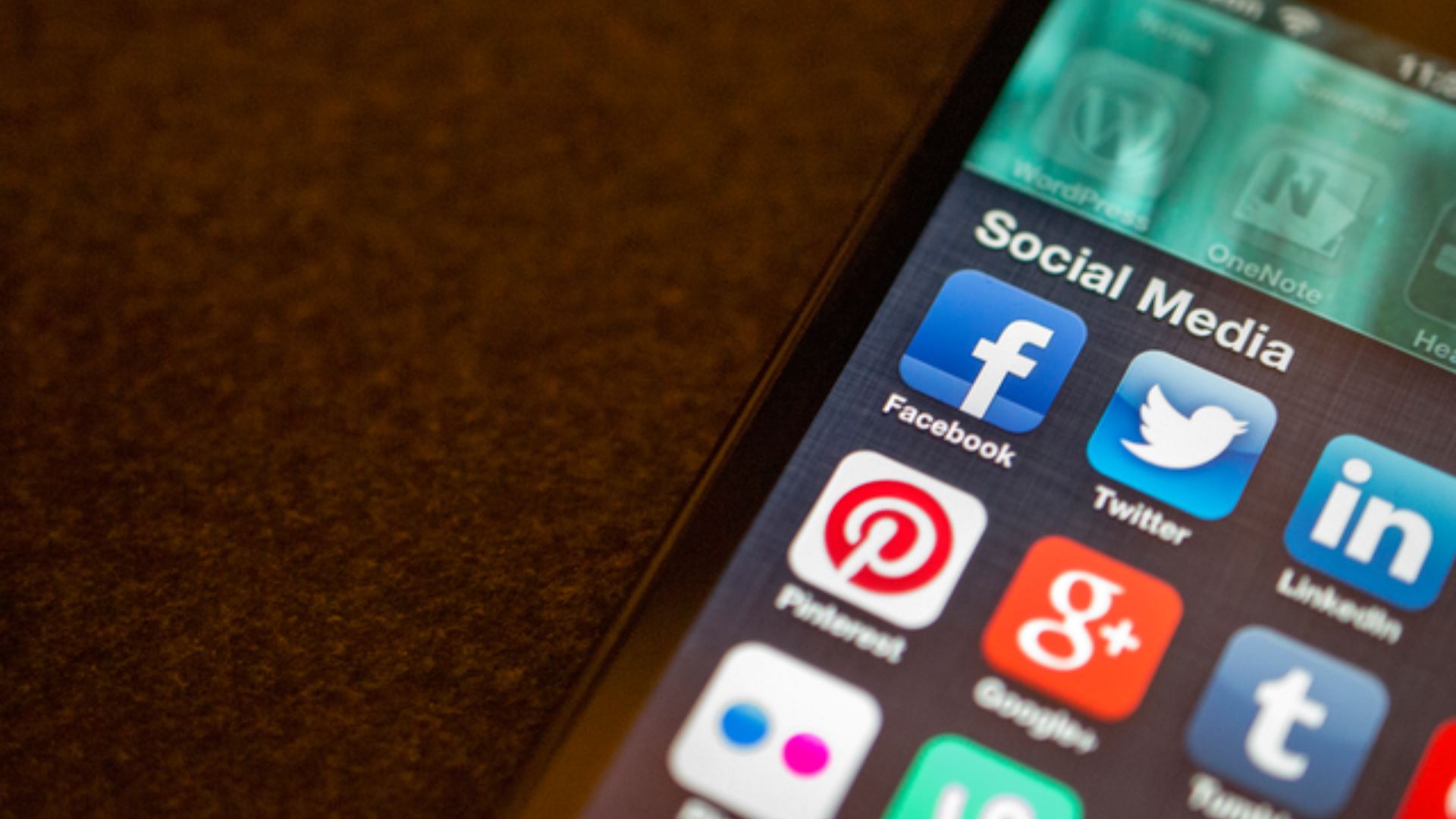
Over the past few years, it’s been easy to see the proliferation of misinformation on social media.
In one case, hundreds of women stopped taking their hormonal birth control pills due to an influencer’s claims on Instagram. The actions resulted in dozens of women falling pregnant after trying more holistic methods.








































